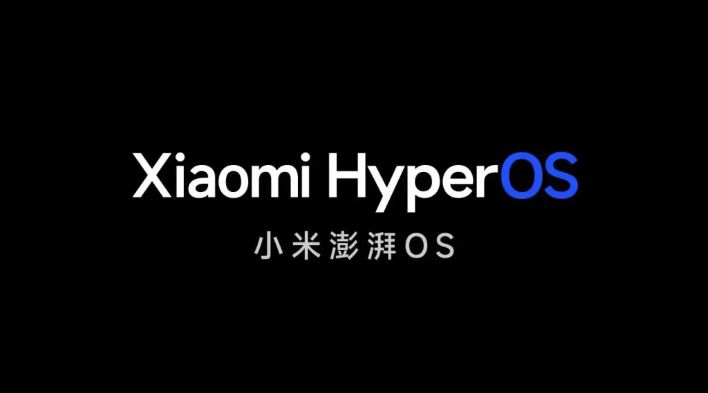Xiaomi Says Goodbye To MIUI And Hello To HyperOS For Future Smartphones
In a Weibo post yesterday, Lei Jun, CEO of Xiaomi announced a new operating system that will bring "hyper performance, fluidity, and connectivity". It is called HyperOS (or 澎湃 OS in China, meaning "surging") and intends on serving as the centerpiece to integrate with Xiaomi's massive ecosystem that includes security, smart home, and electric mobility products. Lei states that the new OS will be more of "a unified, integrated system framework that supports the entire ecosystem of devices and applications."

Xiaomi's shift to a new OS is understandable. One of its biggest rivals, Huawei, has been doing the same thing with HarmonyOS since 2019, which started out as an operating system for its TVs. HarmonyOS is based on a modularized micro kernel that makes it possible to be smoothly run on other (lesser-powered) devices, so we wonder if Xiaomi has done the same thing here. MIUI was basically a skinned Android OS, but having a Linux-based kernel makes it a challenge for unified ecosystem integration.
Like HarmonyOS, MIUI has had its fair share of detractors due to its heavy iOS influence. From the home screen to notification drawer, to the app icons and lock screen, the UI basically aped an iPhone, except it was packed with useful features and could be easily customizable by the user.
HyperOS is expected to begin global rollout through 2024 following its release with the upcoming Xiaomi 14 series. Lei didn't share further details or even a sneak peek, so stay tuned to this space as more news as it appears.

